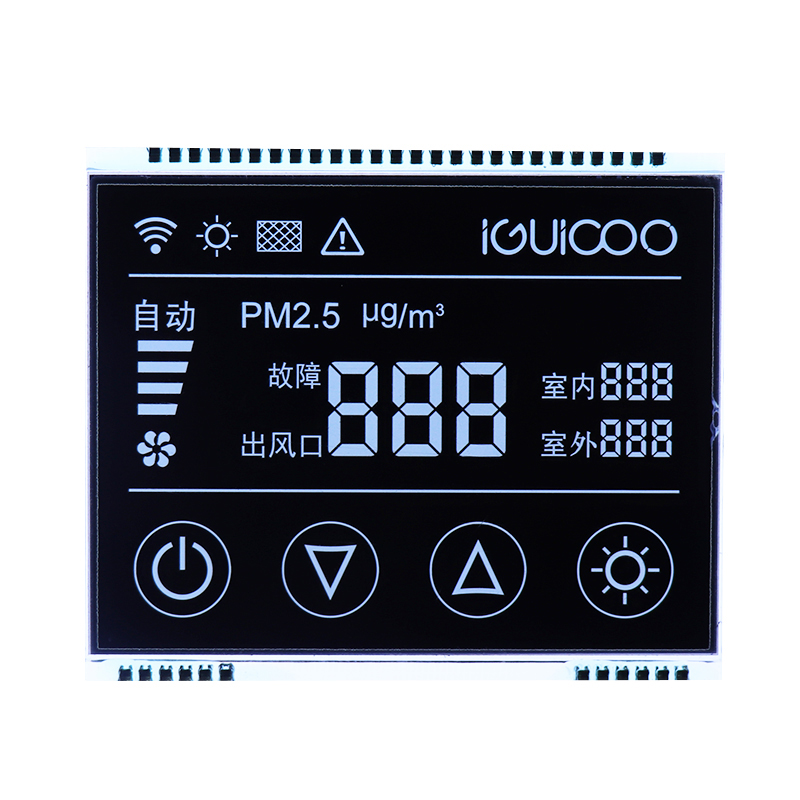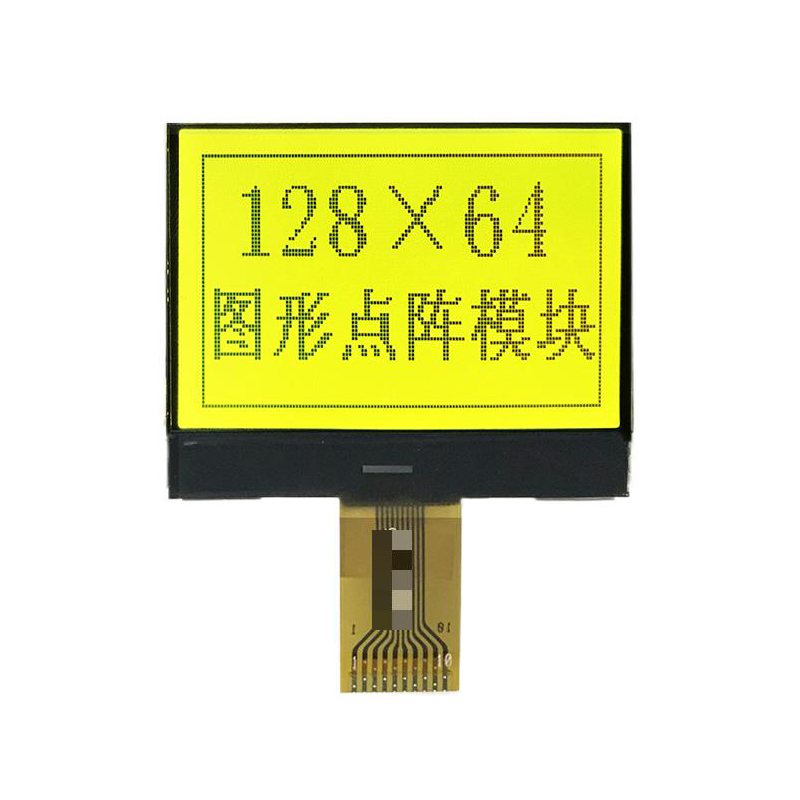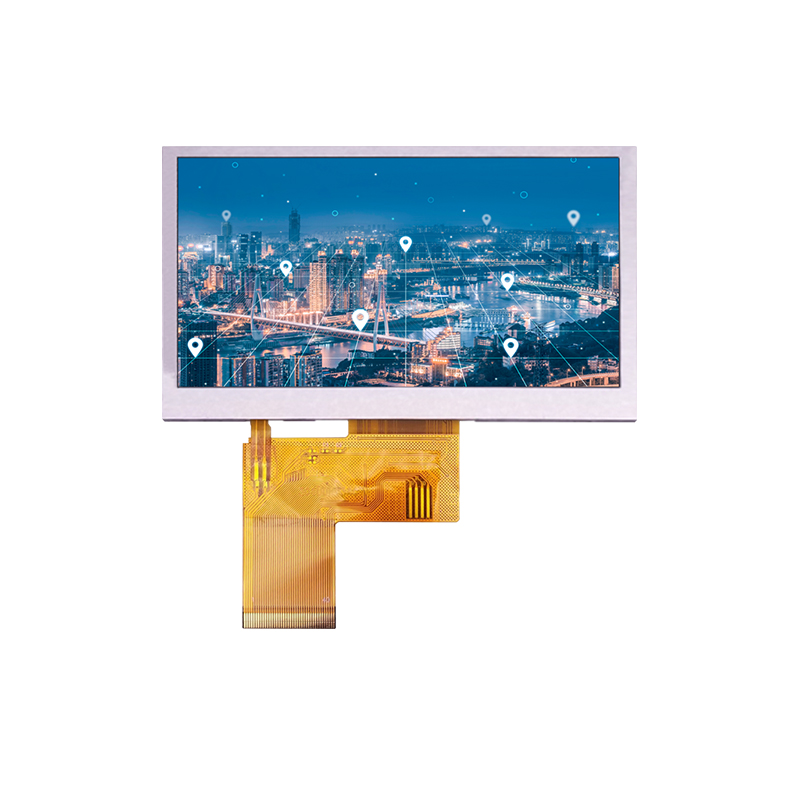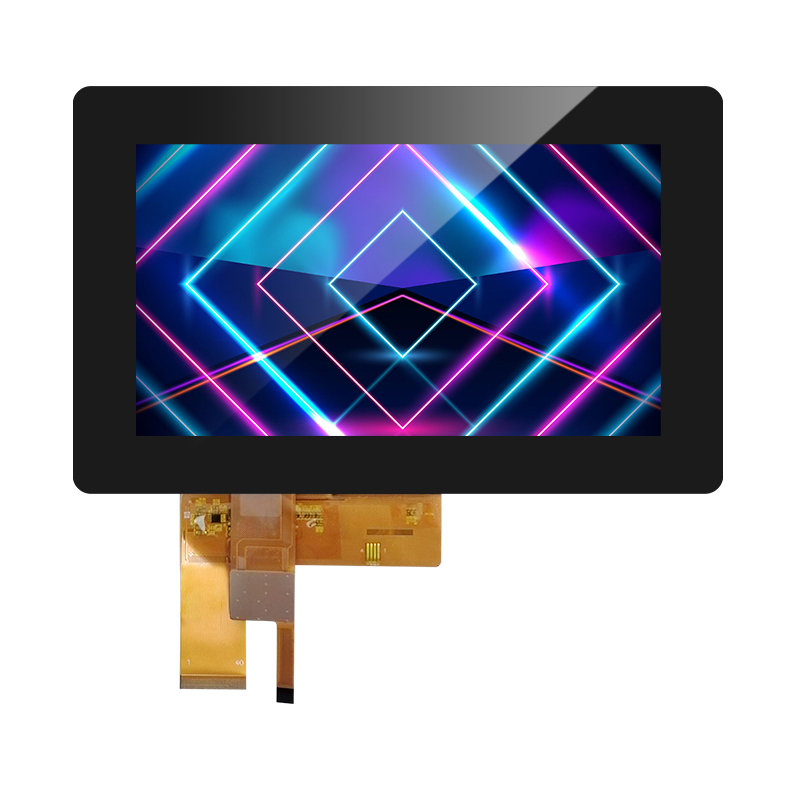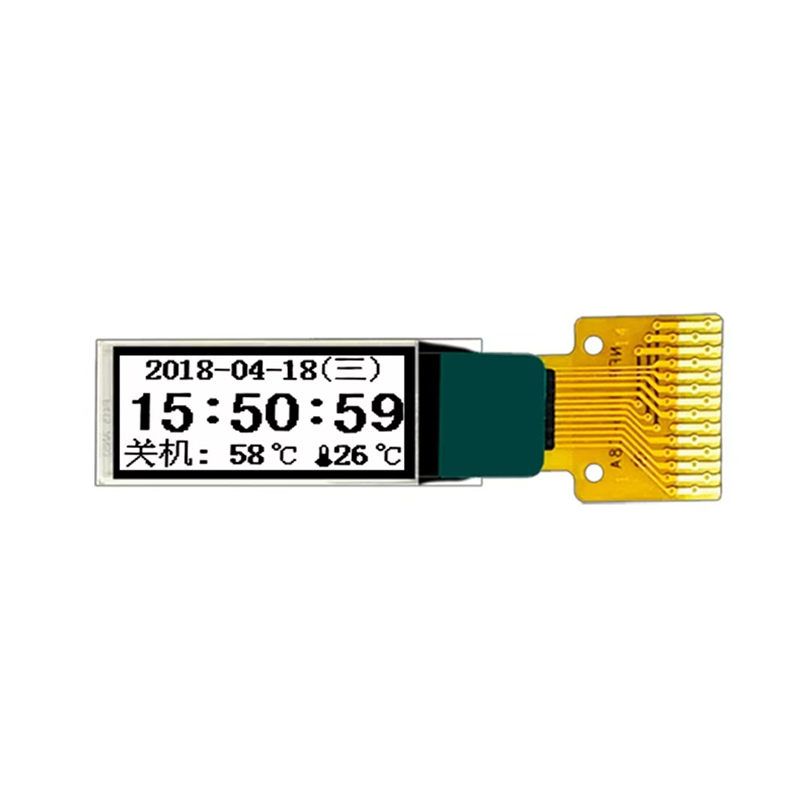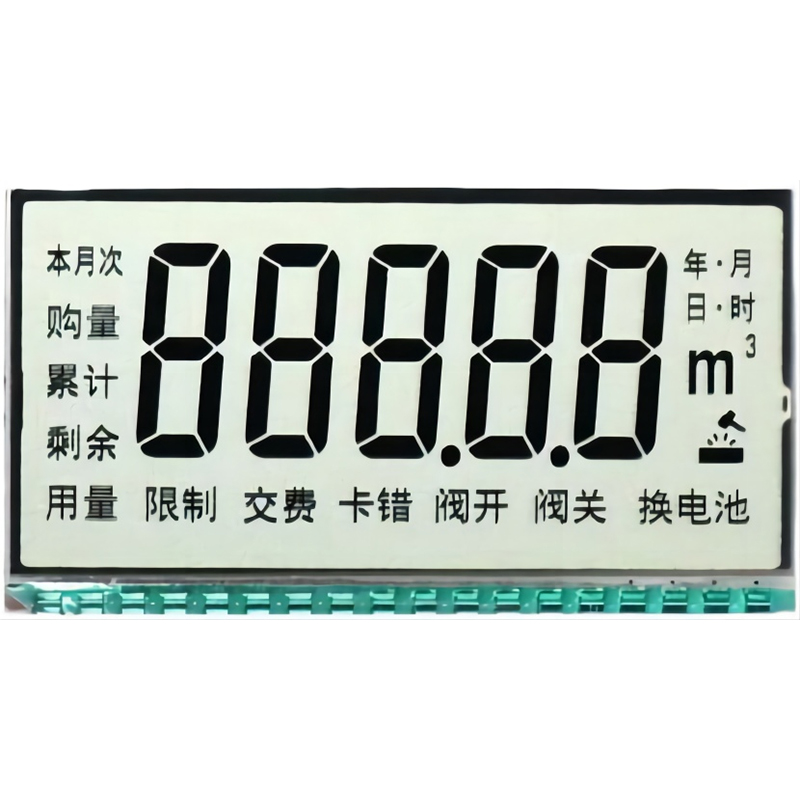
This guide provides a detailed overview of smartphone TFT displays, covering their technology, features, advantages, disadvantages, and future trends. Learn about different types of TFT displays, key specifications, and how to choose the right display for your needs. We'll explore the intricacies of this crucial smartphone component and help you understand what makes a good smartphone TFT display.
A Thin-Film Transistor (TFT) display is a type of liquid crystal display (LCD) that uses thin-film transistors to control the individual pixels on the screen. Each pixel in a smartphone TFT display has its own transistor, enabling more precise control over color and brightness, leading to sharper images and faster response times compared to older passive-matrix LCD technologies. This technology is fundamental to the vast majority of smartphone TFT displays on the market today.
IPS displays are known for their wide viewing angles and accurate color reproduction. They offer excellent image quality, making them a popular choice for high-end smartphone TFT displays. However, they can be slightly more expensive to manufacture than other TFT types.
TN displays are generally less expensive to produce, resulting in lower-cost devices. However, their viewing angles are narrower, and color accuracy can be less consistent compared to IPS or AMOLED. While less common in premium smartphone TFT displays, they still find applications in budget-friendly models.
While this guide focuses on TFT LCDs, it's important to understand the main competitor: OLED (Organic Light-Emitting Diode). OLED displays offer superior contrast ratios, deeper blacks, and often higher brightness. However, TFT LCDs generally offer better longevity and are less expensive to produce. The choice often comes down to a balance between cost, performance, and power consumption.
| Feature | TFT LCD | OLED |
|---|---|---|
| Contrast Ratio | 1000:1 | 1,000,000:1 or higher |
| Power Consumption | Generally higher | Generally lower |
| Cost | Lower | Higher |
Understanding key specifications helps you evaluate the quality of a smartphone TFT display. These include resolution (measured in pixels), pixel density (pixels per inch or PPI), response time (how quickly pixels change color), and brightness (measured in nits).
The ideal smartphone TFT display depends on your individual needs and budget. Consider factors such as screen size, resolution, viewing angles, and color accuracy. For the best possible viewing experience, look for displays with high pixel density and accurate color reproduction. Remember to check reviews and compare specifications before making a purchase. For high-quality smartphone TFT displays and related components, consider exploring the innovative solutions offered by Dalian Eastern Display Co., Ltd. They provide cutting-edge technology in this field.
While OLED and other display technologies are gaining popularity, TFT LCD technology continues to evolve. Advancements focus on improving efficiency, brightness, and color accuracy. Research and development continue to push the boundaries of what's possible with smartphone TFT displays.
Sources:
1 [Insert relevant source for TFT LCD technology information here, e.g., a reputable tech website or academic paper.]
2 [Insert relevant source for OLED comparison information here.]

